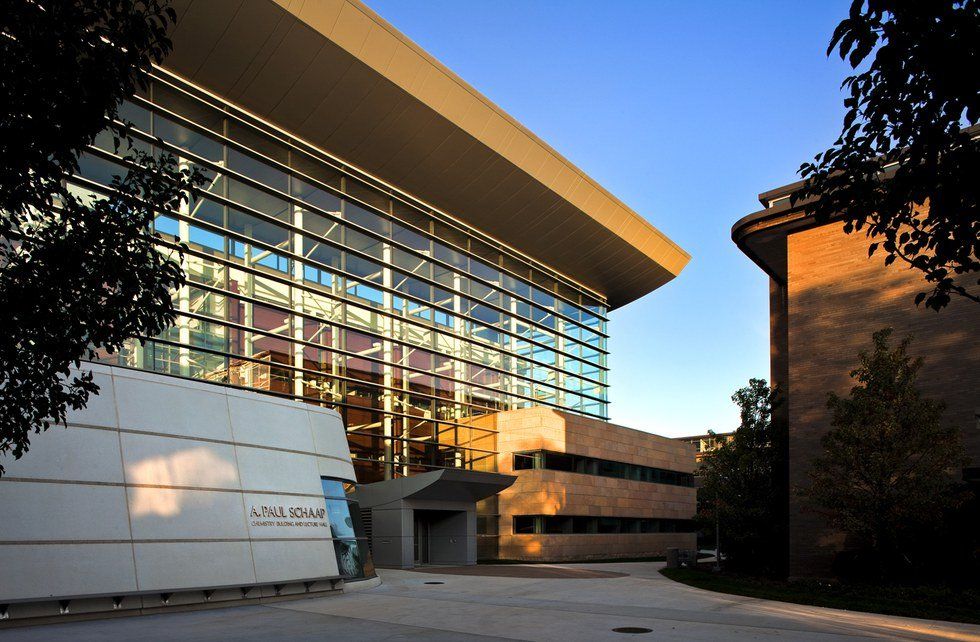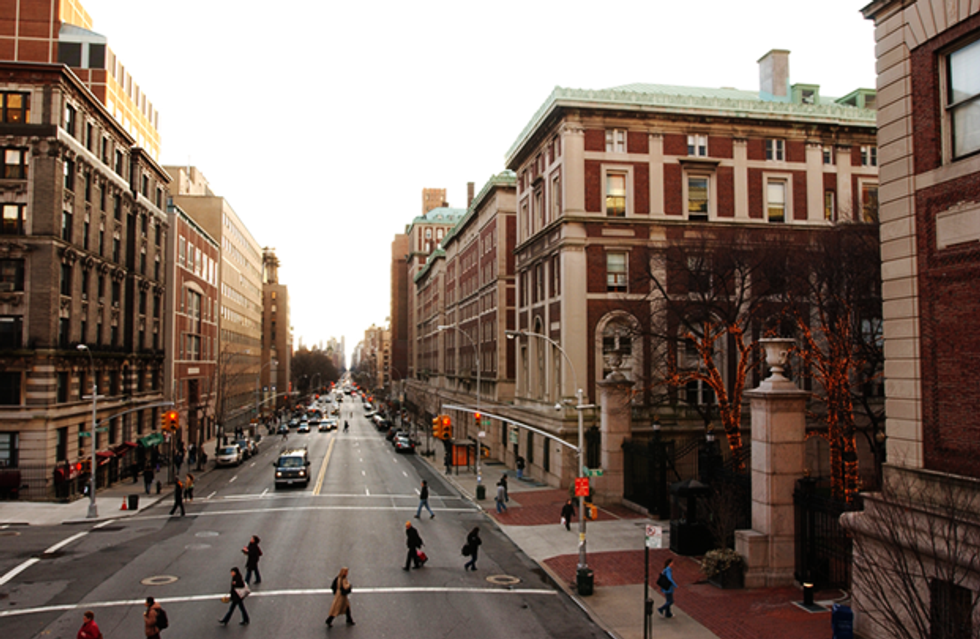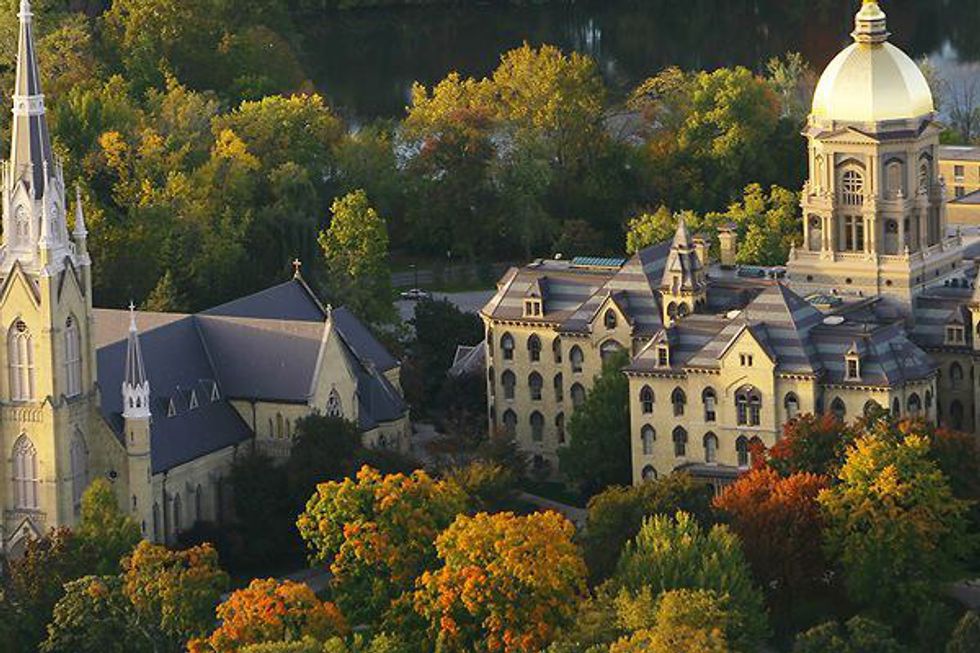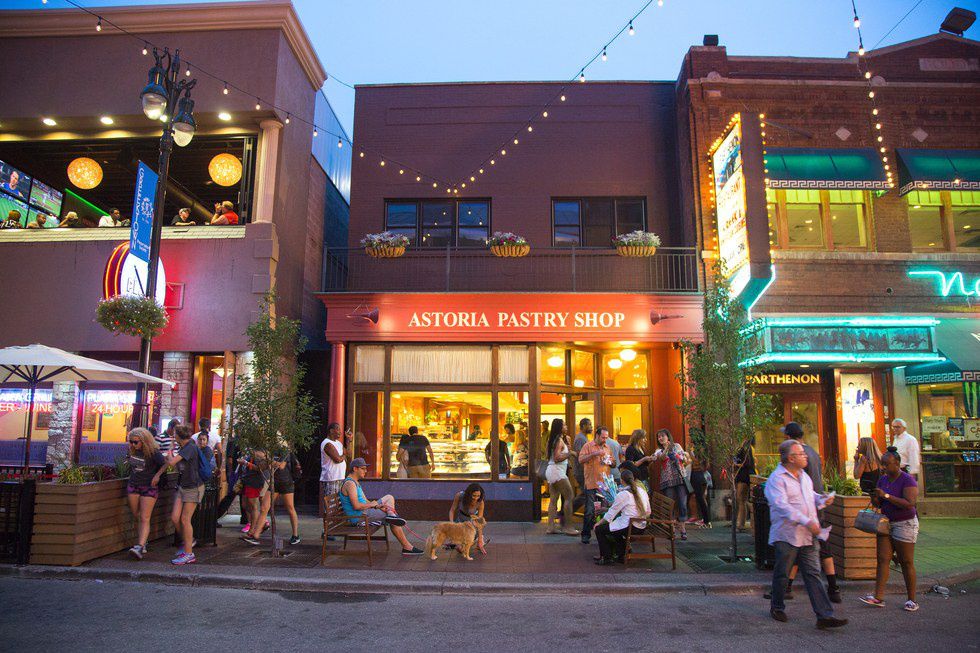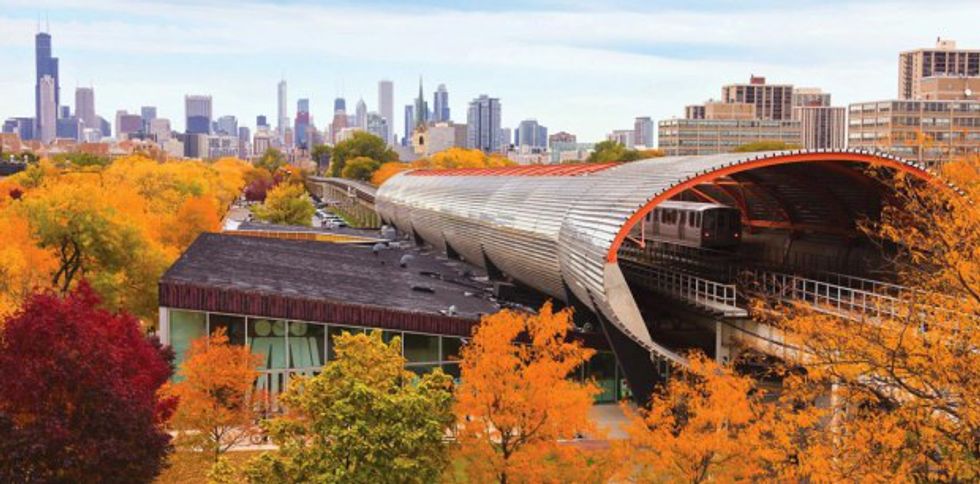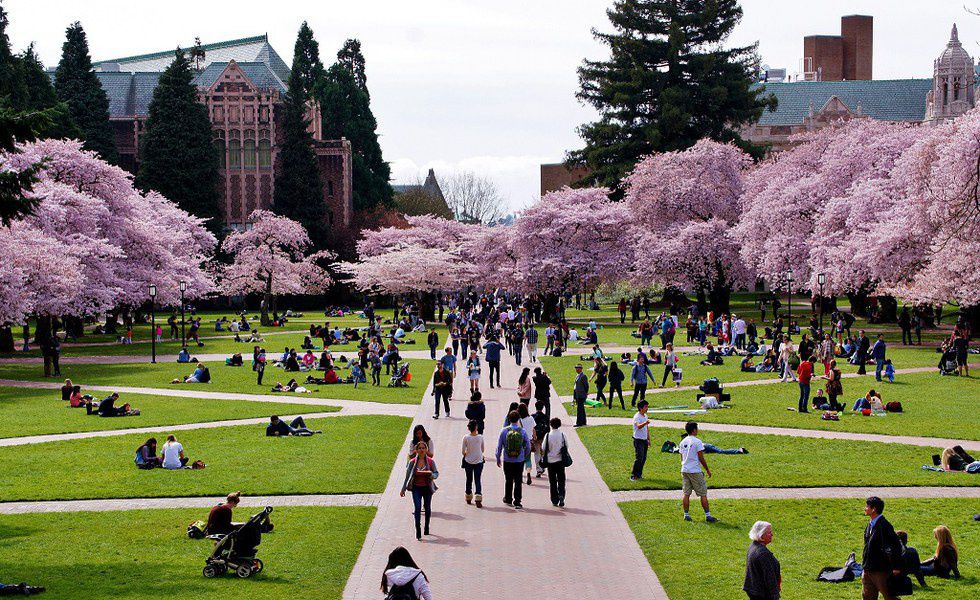Rural campuses or small college towns can be peaceful and perfect for some, but there’s nothing quite like college in a big city. According to Integrated Postsecondary Education Data System (IPEDS) in 2013, over five million students attended 1,835 colleges within urban centers. So what’s so alluring about a college in a major city?
Sense of Adventure
If you’re originally from a small town, the suburbs, or another large city, don’t worry! There are hundreds of new experiences right outside your door, and there’s something for everyone. Life is unpredictable on an urban campus, and there’s always somewhere to go or something to do. You don’t feel like you’re stuck trying to find something fun on weekends.
Cultural Experiences and History
Whether you like museums, parks, fine arts, or concerts, it‘s all there. Experiences that challenge the way you think and help you grow as a person are just around the corner on an urban campus. Discover your love of art at a museum, a passion for science at an engineering and science center, a fondness for theater, or an appreciation of classical music. You have the chance to open your mind and learn about yourself while expanding your knowledge of the city and the college's history.
Career Opportunities
By studying and living near a metropolitan area, you have access to countless internship and job opportunities that may not be available on rural campuses. A college in a globally connected community can offer off-campus learning experiences that might include opportunities to explore your major through cooperative classes or internships in the city. Urban campuses can be situated near Fortune 500 companies or industries that pertain to your degree, allowing you to network and gain real life skills in your field.
Bustling Nightlife
Students are free to enjoy the exciting life of the city—on and off campus. Concerts by world-famous artists, festivals of every type, clubs, restaurants for all tastes, and movies and performances are just a few of the abundant activities that are available to students. Also, universities in cities like Detroit, Chicago, and New York have great sports scenes. Even if your college doesn’t have a fantastic team, you can check out your city’s professional teams for a night out. Although entertainment options differ from campus to campus, life in the city is always an adventure.
Public Transportation
Generally, owning a car is not necessary when you live in a large city that provides public transportation for students. Although not the case for all campuses, public transportation makes traveling to the city just a short ride away. With shuttles, rails, buses, and trains, urban campuses have at least one of these that allow students greater independence in travel.
Greater Diversity
Urban colleges typically represent a more diverse student body—socially, ethnically, religiously, and culturally. International students, exchange students, and transfer students are drawn to campuses that offer such a variety of experiences. Additionally, you’ll find students furthering their education in different manners. From full-time students attending class in residential settings to part-time or nontraditional students studying to further their life goals, metropolitan universities fit all types of lifestyles. Diversity in this environment inspires students and teachers alike to embrace and understand different cultures, experiences, and ideas.
While urban colleges vary greatly depending on city and population, urban schools are the way to go. With the diversity of experiences that await the urban student, you’ll never view colleges the same. I know that urban universities aren't for everyone, and that's okay. But to me, life in the city is unrivaled, and I wouldn’t trade this experience for anything.



